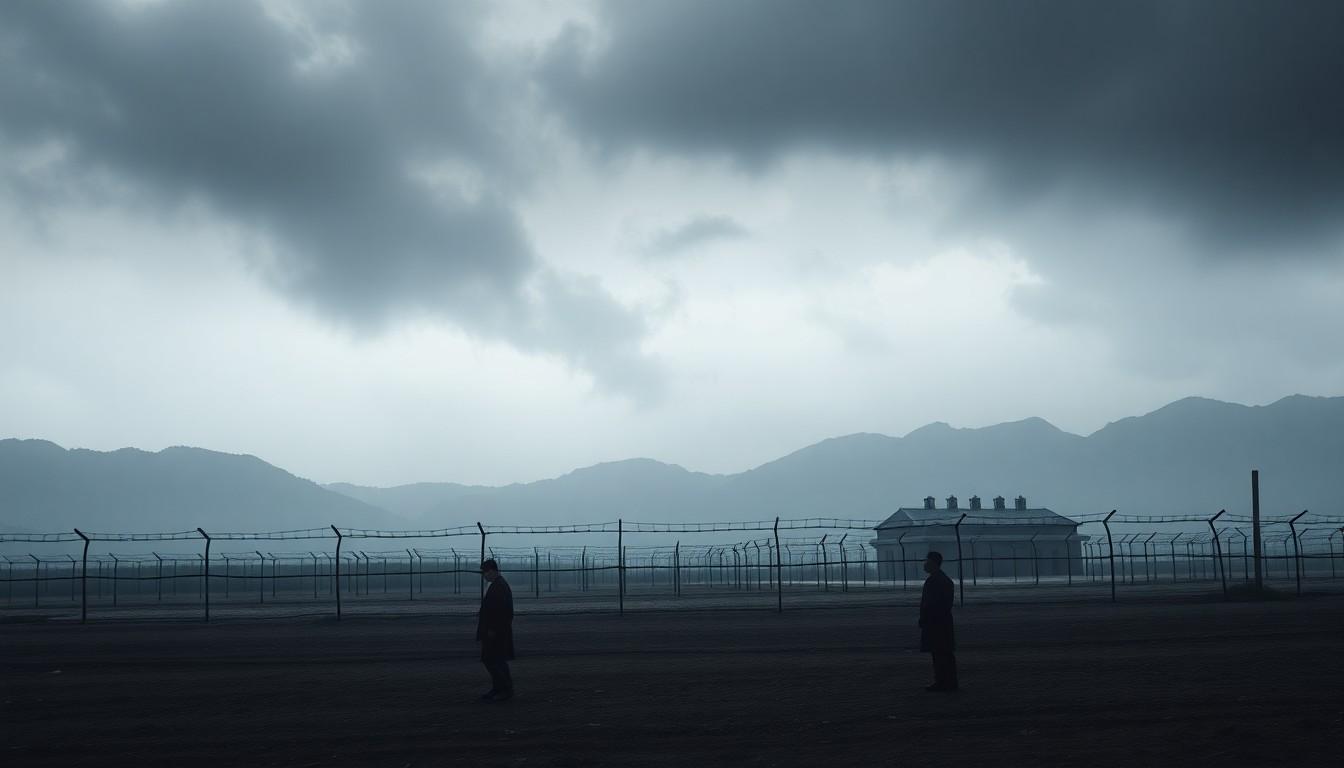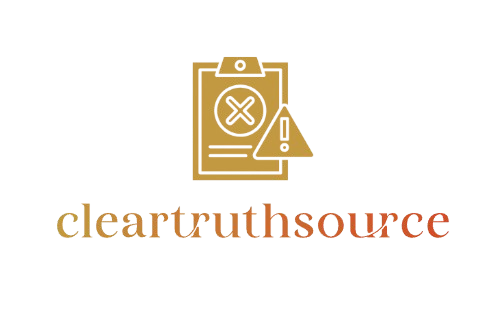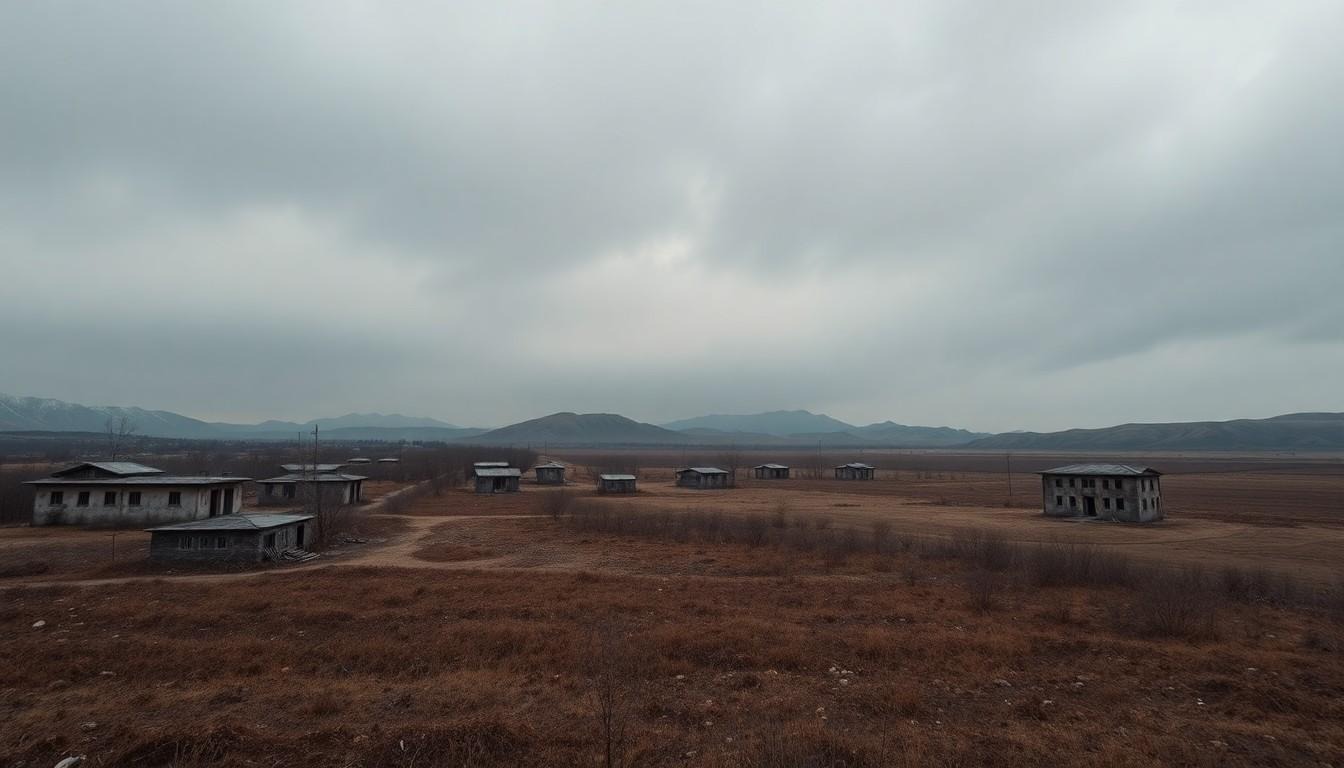North Korea, a land often shrouded in mystery and intrigue, is a place where the concept of human rights feels like a distant dream. With its tightly controlled society and a government that operates like a magician—making freedoms disappear—understanding the human rights situation here is crucial. While the world watches with bated breath, it’s hard not to wonder how a nation can be so skilled at keeping its citizens in the dark.
Human Rights In North Korea
Human rights in North Korea face severe violations at multiple levels. The government prohibits freedom of speech, assembly, and religion, maintaining tight control over public discourse. Citizens live under constant surveillance, which deters dissent and promotes a culture of fear.
Arbitrary detention occurs frequently, with individuals imprisoned without proper legal proceedings. Political prisoners often reside in labor camps, enduring harsh conditions and forced labor. Many families suffer separation, with members disappearing into the regime’s oppressive system.
Access to information remains limited. The regime restricts media access and internet use, creating an environment where citizens receive only government-sanctioned narratives. Outside information is often viewed as a threat, resulting in severe punishment for those who attempt to access it.
Additionally, economic rights are not recognized. The government controls all economic activity, leading to widespread poverty and food insecurity. Citizens often rely on illicit markets to obtain basic necessities, as state-controlled distribution fails to meet their needs.
International organizations consistently report human rights abuses. The United Nations and various NGOs highlight the need for accountability and reform in North Korea. While some countries impose sanctions in response to human rights violations, the regime’s grip on power remains unyielding.
The human rights landscape in North Korea reveals systemic abuses, with the government prioritizing control over the welfare of its citizens. Understanding these violations provides critical insight into the daily lives of North Koreans, many of whom live under oppressive conditions with little hope for change.
Historical Context

The historical landscape of human rights in North Korea reveals a pattern of repression. Understanding this context is essential to grasp the severity of violations faced by its citizens.
Human Rights Violations Timeline
In 1948, the North Korean government established itself as a totalitarian regime, marking the start of systemic human rights abuses. The Korean War from 1950 to 1953 led to widespread atrocities, including the execution of alleged traitors. In the 1970s and 1980s, the regime intensified suppression, implementing labor camps for political dissenters. Reports from 1990 onward indicate an increase in the number of defectors, as famine and economic collapse drove people to flee. The United Nations began documenting human rights violations in the 2000s, highlighting forced labor and torture. Recent years have seen escalated international scrutiny, with numerous resolutions condemning North Korea’s human rights practices.
Key Events and Their Impact
The establishment of the DPRK in 1948 significantly affected human rights, as the government centralized power. Famine during the 1990s led to mass suffering, spurring international awareness of the crisis. The 2009 release of UN reports revealed extensive violations, prompting global outrage and calls for change. In 2014, the UN Commission of Inquiry on North Korea’s human rights practices provided a comprehensive overview of abuses, including extermination camps and systematic torture. Notably, sanctions imposed by various countries aimed to pressure the regime into reforms yet largely failed. Each event contributed to a culture of fear, leaving citizens vulnerable and marginalized within their own society.
Current State Of Human Rights
The human rights situation in North Korea remains dire, characterized by extensive political and social repression.
Political Repression
Political repression is pervasive, with the government maintaining strict control over citizens’ lives. Surveillance is routine, ensuring loyalty and preventing dissent. Reaching out against the regime often results in severe punishment. Detention without trial is common, as authorities view any opposing views as threats. Individuals suspected of disloyalty face extreme consequences, including imprisonment in labor camps. The regime’s leadership prioritizes maintaining power over the welfare of the populace, perpetuating a cycle of fear and oppression.
Freedom of Expression and Assembly
Freedom of expression and assembly is virtually non-existent. All forms of dissent are swiftly quashed, with harsh penalties for remarks criticizing the government. Citizens cannot gather or protest, as such actions are deemed illegal. Access to independent media is severely restricted, leaving the public reliant on state-controlled narratives. Within this information vacuum, individuals often remain unaware of global conditions or even their rights. The regime fosters a climate of paranoia, where self-censorship becomes a necessity for survival.
Treatment of Detainees
Treatment of detainees in North Korea is alarming, with reports of severe human rights abuses. Prisoners often endure inhumane conditions, facing malnutrition and torture. Medical care is inadequate, with many suffering from untreated ailments. Political prisoners are especially vulnerable to abuse, and families frequently receive no information about their loved ones. Torture methods include physical and psychological strategies designed to extract confessions. The system prioritizes obedience through intimidation and brutality, further silencing any potential opposition.
International Responses
International reactions to North Korea’s human rights violations reflect widespread concern. Various entities, including the United Nations and numerous advocacy groups, strive to bring attention to the country’s dire human rights record.
United Nations Involvement
The United Nations plays a pivotal role in addressing human rights issues in North Korea. Since the early 2000s, the UN has documented severe violations through reports and resolutions. Special Rapporteurs regularly highlight instances of forced labor, torture, and arbitrary detention. The UN Human Rights Council adopted resolutions urging North Korea to improve its human rights practices. Additionally, the Commission of Inquiry in 2014 produced a significant report, noting the systematic nature of abuses. These efforts underscore the global call for accountability and reforms within the North Korean regime.
Advocacy Groups and Their Efforts
Advocacy groups actively promote awareness of the human rights situation in North Korea. Organizations such as Human Rights Watch and Amnesty International conduct extensive research, producing reports detailing abuses faced by citizens. These groups frequently campaign for international pressure on the North Korean government. They work to support defector testimonies, amplifying the voices of those who have escaped. Additionally, they collaborate with governments to develop sanctions targeting the regime’s leaders. Such initiatives emphasize the need for ongoing efforts to highlight human rights violations and push for change in the country.
Case Studies
Case studies highlight the dire human rights situation in North Korea through lived experiences and documented violations. They underscore the need for awareness and action.
Personal Accounts of Defectors
Defectors provide crucial insights into the oppressive realities of North Korean life. Many describe experiences of harrowing escape, detailing the pervasive fear of the regime. An ex-defector recounted facing severe hunger and witnessing executions, fostering an overwhelming sense of hopelessness. They often emphasize the risks taken to flee, illustrating a deep desire for freedom. Lives of those who escape reveal a stark contrast between survival and oppression, as many struggle to adapt in foreign countries. Testimonies often reflect resilience amid trauma, revealing the psychological scars endured. Each story builds a clearer picture of life under an authoritarian regime.
Documented Violations
International organizations meticulously document human rights violations in North Korea. The United Nations continually reports on issues like arbitrary detentions, forced labor, and torture. Reports from 2014 counted thousands held in labor camps, with inmates suffering from inhumane treatment. Human Rights Watch estimates that up to 200,000 individuals remain imprisoned under severe conditions. Evidence shows that families face systematic separation, with many never hearing from lost relatives again. Reports also highlight restrictions on freedom of expression, leading to life-threatening consequences for dissenters. Each documented case amplifies calls for urgent reform and accountability.

